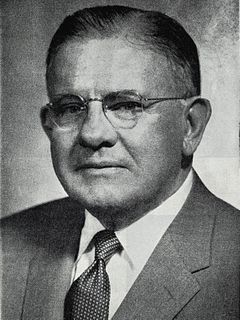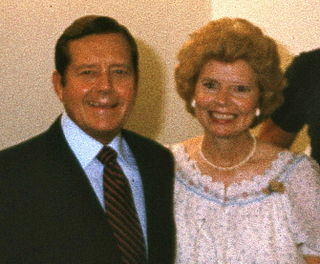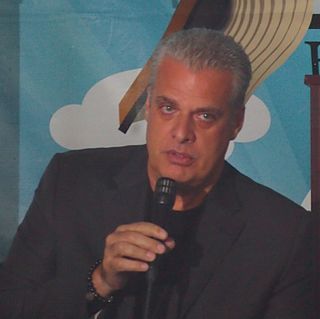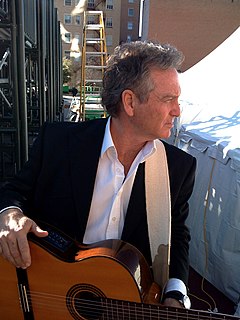A Quote by William Tyndale
The morality of clean blood ought to be one of the first lessons taught us by our pastors and teachers. The physical is the substratum of the spiritual; and this fact ought to give to the food we eat, and the air we breathe, a transcendent significance.
Related Quotes
It's an individual morality in values that matters in these companies [like Wells Fargo]. I mean, they ought to clean house. And they ought to figure out how to claw back all this money. That is a given. In terms of additional laws, there are reasonable approaches to this, but I'd have to see what they are. I'm not a federal lawmaker.
Perhaps the whole root of our trouble, the human trouble, is that we will sacrifice all the beauty of our lives, will imprison ourselves in totems, taboos, crosses, blood sacrifices, steeples, mosques, races, armies, flags, nations, in order to deny the fact of death, the only fact we have. It seems to me that one ought to rejoice in the fact of death - ought to decide, indeed, to earn one's death by confronting with passion the conundrum of life.
When someone speaks we ought to get three things out of the message. First and least important (but still very important), we ought to get what is said. Second, and more important, we ought to have a spiritual experience. Third, and most important, we should keep the commitments we make to ourselves.
Living in the now is freedom from all problems connected with time. You ought to remember that sentence, you ought to memorize it, and ought to take it out, you ought to practice it, you ought to apply it. And most of all, you ought to rejoice in it because you have just heard how not to be wretched, miserable you any more but to be a brand new, and forever brand new man or woman.
God is faithful and just to forgive us our sins and to cleanse us from all unrighteousness. So to confess is to breathe in and to ask God to forgive me of my sins. And as we breathe out we breathe out the impure air and breathe in the pure air. I would say the pure air is knowing that God has forgiven us of our sins.
Cooking is a holistic process of planning, preparing, dining and sharing food. I place food at the center of our humanity, as it nourishes not only our physical bodies but also our emotional and spiritual lives. Food is truly a cultural phenomenon that informs our traditions and our relationship with the earth. I genuinely believe that food connects us all.
You know what I wish? I wish I could put time in a bottle and throw it into the ocean. Then I would have forever to spend with you. I wouldn’t need air to breathe or food to eat. Holding you in my arms would be all the food I would need. Having your love would be the only air I would need to breathe.
Why do people think the spiritual life demands withdrawal from the ordinary? Because they've been taught, at least by implication, that the physical is a block to the spiritual. When we assume that the spiritual, unlike the physical, is impervious to corrosion, then we assume that all things material are not to be honored. But the fact of the matter is, the material is the vehicle of the spiritual.
Once in his life, a man ought to concentrate his mind upon the remembered earth, I believe. He ought to give himself up to a particular landscape in his experience, to look at it from as many angles as he can, to wonder about it, to dwell upon it. He ought to imagine that he touches it with his hands at every season and listens to the sounds that are made upon it. He ought to imagine the creatures there and all the faintest motions of the wind. He ought to recollect the glare of noon and all the colors of the dawn and dusk.






































